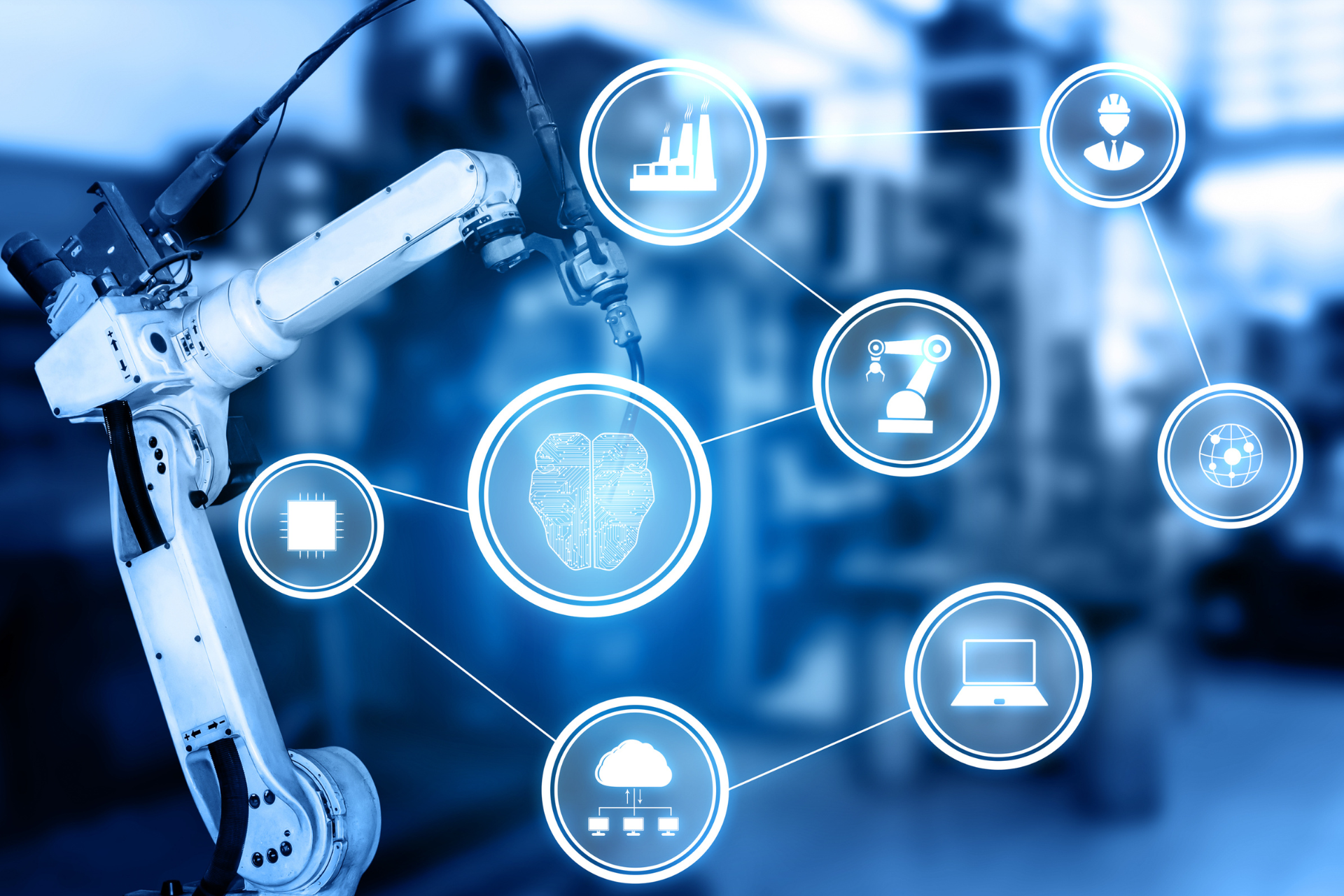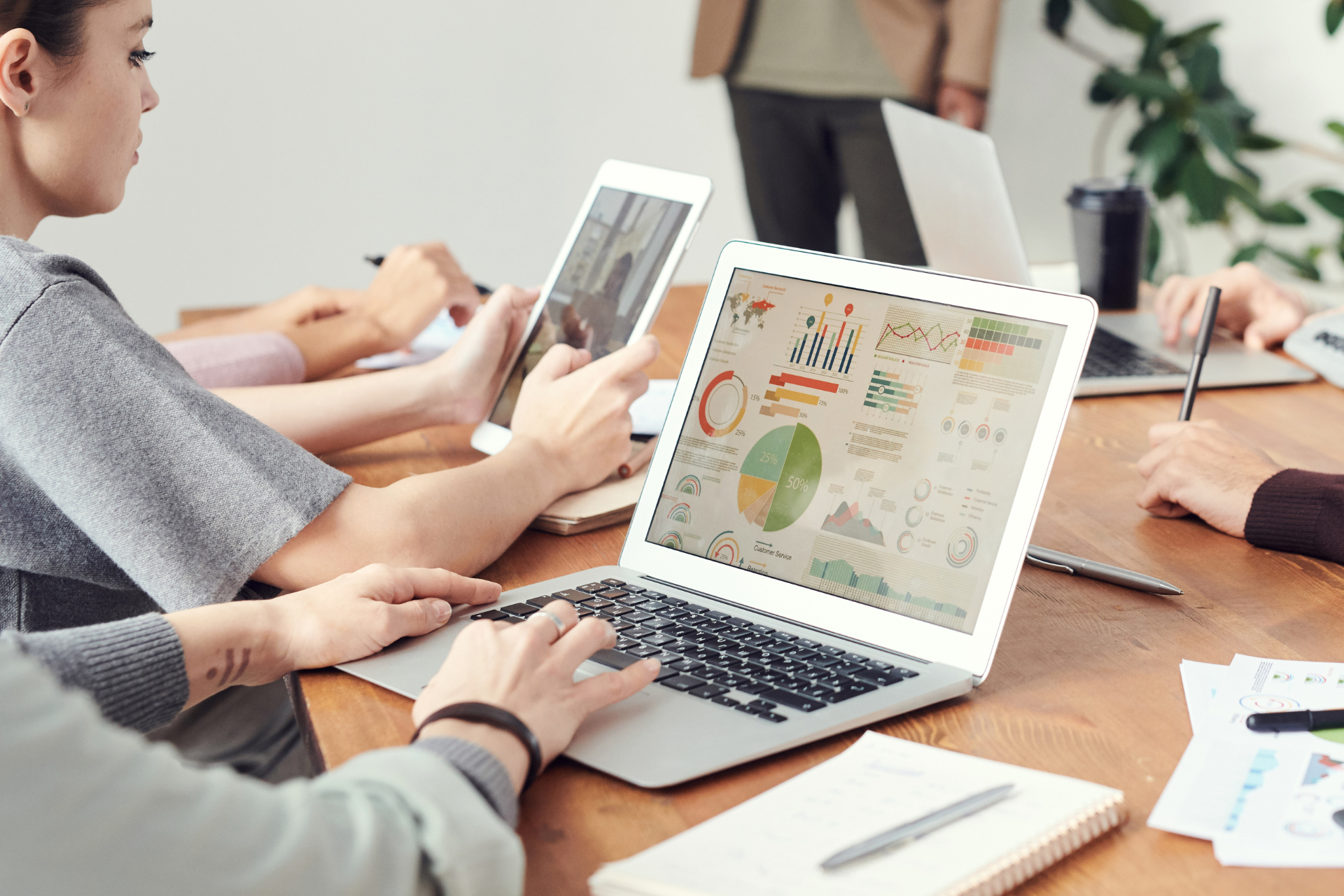Sustainable Manufacturing Practices: Recruiting for Professionals Who Can Drive Eco-Friendly Solutions
The biopharma industry is in the midst of a significant transformation. As environmental concerns take center stage globally, pharmaceutical manufacturers are increasingly prioritizing sustainability in their operations. This shift isn't just about corporate responsibility – it's creating unprecedented demand for professionals who can design, implement, and optimize eco-friendly manufacturing solutions.
The Business Imperative for Sustainable Manufacturing
Major pharmaceutical companies are making historic investments in sustainable manufacturing capabilities, driven by environmental considerations, regulatory pressures, and economic benefits. These investments are creating hundreds of new jobs that require specialized expertise at the intersection of biopharma production and sustainability.
Gilead Sciences recently announced an additional $11 billion investment in U.S. manufacturing and research, focusing on new technologies and facility upgrades with sustainability as a core consideration. This move is expected to create at least 800 direct jobs and over 2,200 indirect jobs by 2028, underscoring the significant talent needs in sustainable pharmaceutical manufacturing.[^1]
This substantial commitment follows Gilead's previously planned $21 billion investment to boost U.S. manufacturing and R&D through 2030, bringing their total investment to $32 billion. The company estimates these initiatives will create $43 billion in value to the U.S. economy over the next five years, highlighting the economic impact of sustainable manufacturing expansion.[^1]
The Convergence of Technology and Sustainability
The push for more sustainable manufacturing practices is coinciding with rapid technological advancement in the biopharma sector. Bristol Myers Squibb's planned $40 billion investment in the U.S. over the next five years aims to enhance research, development, and manufacturing capabilities while prioritizing environmental stewardship.[^2]
This investment includes advancements in radiopharmaceutical manufacturing and the integration of artificial intelligence to accelerate innovation while minimizing resource consumption. The company's CEO, Christopher Boerner, emphasized that "bolstering U.S. manufacturing enables greater control over highly complex supply chains while bringing manufacturing closer to where the majority of R&D is taking place."[^2]
This proximity of manufacturing to R&D not only reduces transportation-related environmental impacts but also creates opportunities for professionals who can bridge research innovations with sustainable production methods.
Facility Expansion Creating Specialized Talent Demand
The sustainability-driven expansion of manufacturing facilities is creating substantial demand for specialized talent. Fujifilm's $1.2 billion investment to expand its biopharmaceutical manufacturing facility in North Carolina is projected to create 680 new jobs by 2031.[^1]
The expansion aims to increase cell culture production while implementing advanced sustainability initiatives, highlighting the growing demand for professionals who understand both large-scale biomanufacturing and eco-friendly operational practices.
Key Talent Profiles in Sustainable Biopharma Manufacturing
As organizations invest in sustainable manufacturing capabilities, several specialized roles are becoming increasingly critical:
Sustainable Process Engineers
These professionals design and optimize manufacturing processes to minimize environmental impact while maintaining product quality and efficiency. They focus on reducing water consumption, energy usage, and waste generation throughout production cycles.
Green Chemistry Specialists
Experts in green chemistry develop and implement environmentally preferable approaches to synthesizing pharmaceutical compounds. They work to replace hazardous solvents with greener alternatives, reduce reaction steps, and design processes that generate fewer byproducts.
Environmental Compliance Managers
These specialists ensure manufacturing operations meet increasingly stringent environmental regulations while proactively implementing sustainability initiatives that go beyond minimum compliance requirements.
Circular Economy Integration Experts
Professionals in this emerging field develop strategies to minimize waste by creating closed-loop systems where materials are continuously reused or recycled within manufacturing operations.
Sustainable Supply Chain Managers
These leaders optimize logistics networks to reduce carbon footprints while ensuring resilient supply of raw materials and distribution of finished products.
State-Level Initiatives Supporting Sustainable Manufacturing Talent
Beyond company-specific investments, state-level initiatives are creating supportive ecosystems for sustainable biopharma manufacturing. Connecticut's biopharma sector is experiencing growth due to major deals and state support, with initiatives like Governor Ned Lamont's proposed tax credits specifically targeting sustainable manufacturing innovation.[^3]
These incentives are designed to support early-stage startups and established manufacturers alike in developing and implementing eco-friendly production methods. This growing emphasis on sustainability at the state level is creating additional demand for professionals who can navigate both regulatory requirements and technological innovation in biopharma manufacturing.
Building a Sustainable Manufacturing Talent Strategy
For organizations looking to enhance their sustainable manufacturing capabilities, several approaches can help attract and develop the necessary talent:
- Implement Cross-Training Programs Develop programs that enhance sustainability knowledge among existing manufacturing staff while teaching environmental specialists about pharmaceutical production requirements.
- Create Clear Career Pathways Establish defined career progression routes for professionals specializing in sustainable manufacturing to attract ambitious candidates seeking long-term growth opportunities.
- Partner with Educational Institutions Collaborate with universities and technical schools to develop curricula that address the specific skills needed for sustainable pharmaceutical manufacturing, creating talent pipelines for the future.
- Emphasize Sustainability in Recruitment Highlight sustainability commitments in recruitment materials to attract professionals who are passionate about environmental impact alongside career development.
- Develop Mentorship Programs Pair experienced manufacturing professionals with sustainability specialists to facilitate knowledge exchange and accelerate the integration of eco-friendly practices.
The Path Forward
The convergence of manufacturing expansion and sustainability imperatives is creating unprecedented opportunities for professionals who can bridge these domains. Organizations that successfully develop and implement comprehensive talent strategies for sustainable manufacturing will gain competitive advantages through enhanced operational efficiency, reduced compliance risks, and strengthened brand positioning.
For the professionals who develop expertise in sustainable pharmaceutical manufacturing, the career outlook is exceptionally promising. As regulations tighten and consumer expectations evolve, their specialized skills will become increasingly valuable across the industry.
To discuss your organization's sustainable manufacturing talent needs, contact The Pharma:Health Practice today.
Footnotes
- "Gilead boosts planned US investments by $11 billion amid tariff threat," Reuters, May 2025.
- "Bristol Myers to invest $40 billion in the US over 5 years," Reuters, May 2025.
- "Major deals boost CT biopharma sector after period of closings and layoffs," CT Insider, February 2025.











